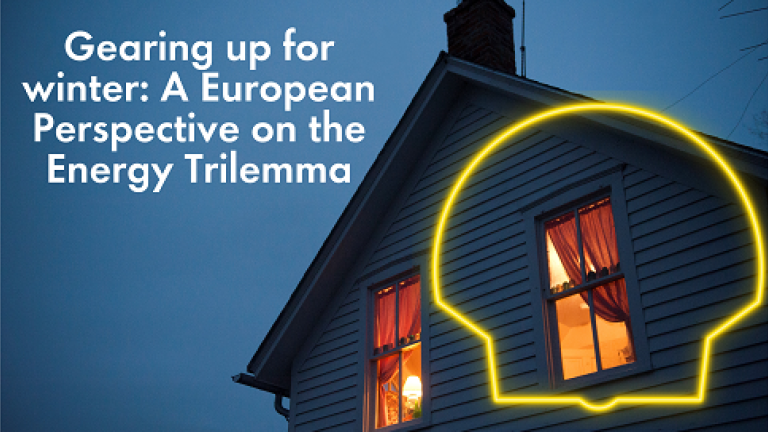
MIT Energy Initiative Fall Colloquium
Gearing up for winter: A European perspective on the energy trilemma
November 1, 5:15-6:15 pm ET
Samberg Conference Center (E52), 6th floor
Register
Current and future energy needs must be met while simultaneously addressing decarbonization and sustainability challenges. At MITEI’s Fall Colloquium, Shell’s Chief Technology Officer Yuri Sebregts will address the energy challenge from a European perspective. He will highlight the importance of energy security and affordability, as well as the need for a balanced energy transition strategy—including the impact of geopolitical frictions and supply disruptions triggered by Russia’s invasion of Ukraine. He will discuss Shell’s energy scenarios and CO2 capture technologies, while emphasizing the importance of electrification, low-carbon fuels, and CO2 capture technologies in achieving a sustainable energy future.
About the speaker
Yuri Sebregts is the Executive Vice President of Technology and Chief Technology Officer at Shell. For the past nine years, he has been leading the global technology organization of more than 3,000 people, combining technical, scientific, and commercial expertise.
Sebregts has 30 years of experience in Europe and the United States in technical and commercial positions, including in Shell’s chemicals, lubricants, and refining businesses. He is a member of the external advisory board of the MIT Energy Initiative, of the Stanford Global Energy Council, and of the Dutch ECN/TNO Strategic Advisory Board. He has previously been invited to address such forums and industry conferences as the Web Summit and CERAWeek.
Sebregts is responsible for Shell’s technology strategy and new technology development for all segments of Shell’s businesses, including digital innovation and technology commercialization activities. These activities range from research and development programs delivered both in-house and through collaborations with partners, to deployment of technologies across Shell’s operations, as well as catalyst manufacturing and sales, and technology licensing and technical services to third parties. The teams in the technology division are based at Shell’s major technology centers in Amsterdam, Houston, and Bangalore, and at smaller technical centers located close to Shell’s customers and partners. Sebregts was born in the Netherlands and completed his MSc in chemistry at Leiden University before joining Shell in 1991.






